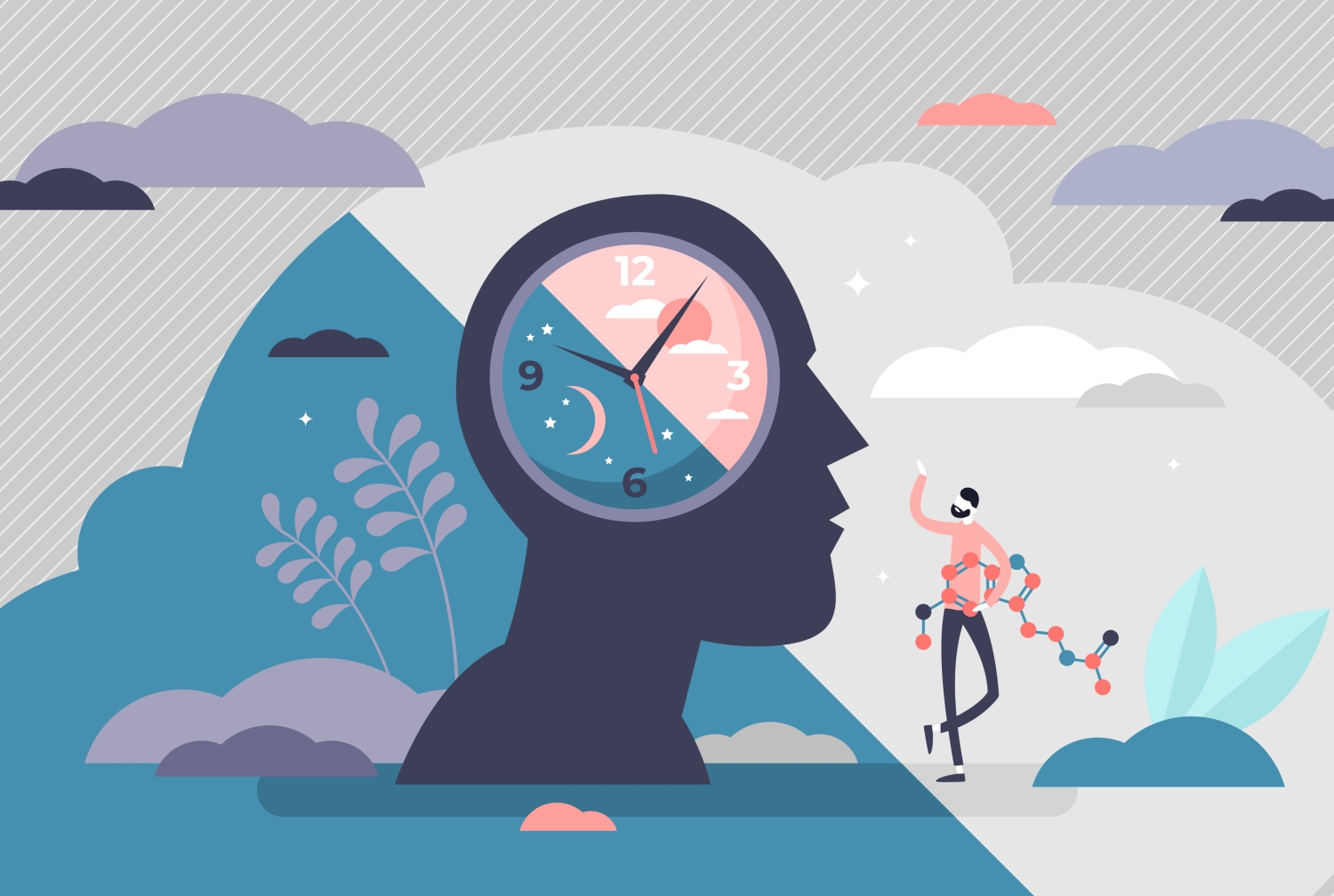
Disruption of the circadian clocks that keep the body and its cells entrained to the 24-hour day-night cycle plays a critical role in weight gain, according to a pair of studies by Weill Cornell Medicine investigators.
One study, published June 27, in Cell Reports revealed that stress caused by chronically administering glucocorticoid stress hormones and disturbing the normal daily cycle of release triggers a temporary protective mechanism in mice. This mechanism boosts fat cell growth and insulin production while reducing excess blood sugar and fat levels in the bloodstream and liver. The second study, published Aug...
Read More







Recent Comments